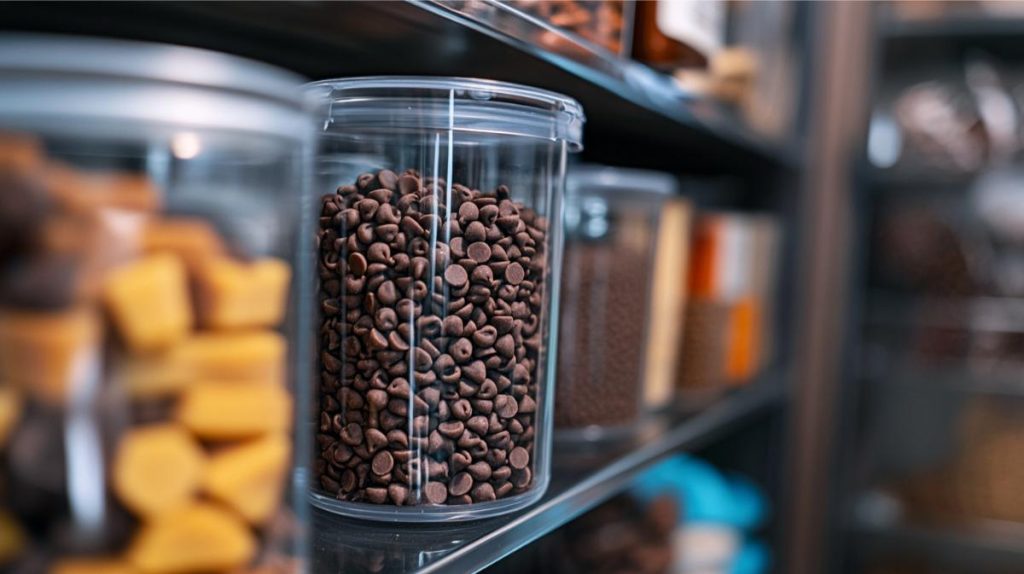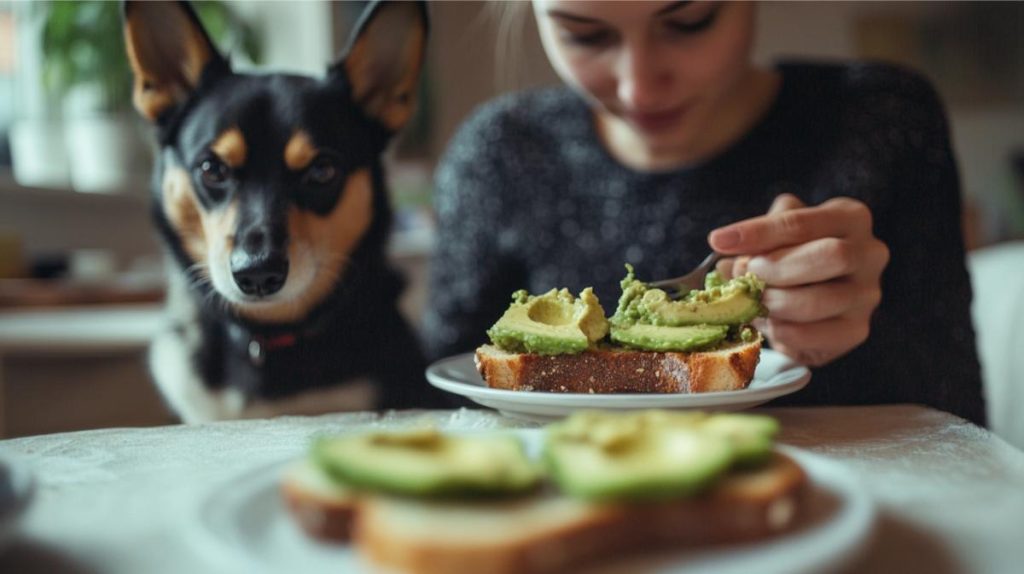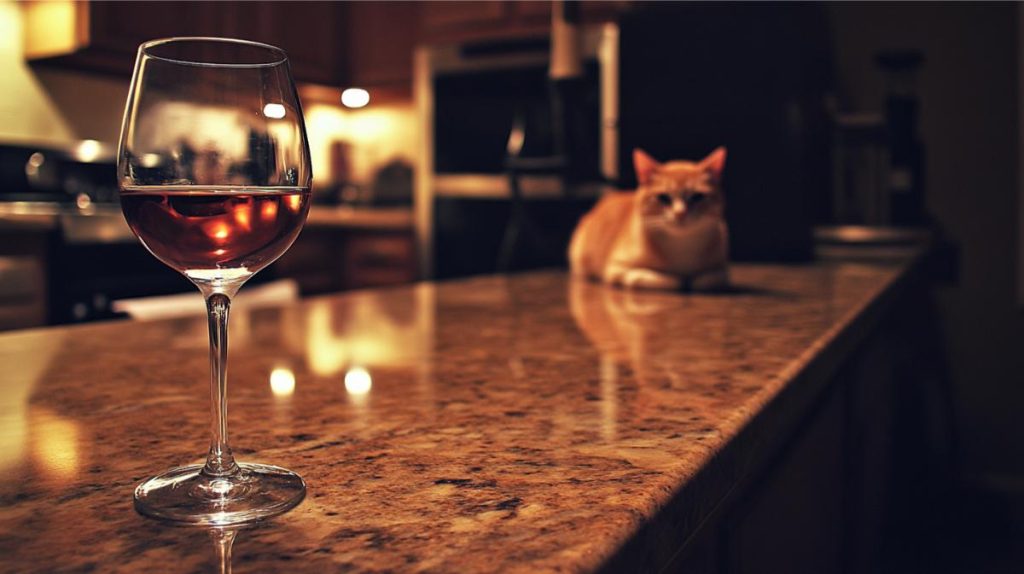As a pet owner, you love to spoil your furry friends. But did you know that some of your favorite snacks could be harmful to them?
Many common foods that are safe for humans can be toxic or even deadly for cats and dogs.
Keeping your pets healthy means knowing what to keep out of their food bowls. From chocolate to grapes, the list of no-no foods might surprise you. Don’t worry, though – we’ve got your back (and your pet’s tummy)!
Ready to become a pro at protecting your four-legged pals from dietary dangers? Let’s dig into the world of pet-friendly eating and discover which treats to skip and which ones are safe to share.
Key Takeaways
- Many human foods can be dangerous for pets, so it’s crucial to know what to avoid.
- Chocolate, grapes, and certain nuts are among the top toxic foods for dogs and cats.
- Always check with your vet before introducing new foods to your pet’s diet.
The Hidden Hazards in Pooch Pantries

Your kitchen might be a paradise for you, but it’s a minefield for your furry friend. Let’s sniff out the dangers lurking in your cupboards and fridge that could turn your pup’s tail from wagging to drooping.
Common Household Toxins
Your kitchen might not be as safe for your pet as you think. Chocolate is a big no-no – it’s like poison for pooches. Keep those candy bars out of reach! Xylitol, that artificial sweetener in your sugar-free gum, can be a real troublemaker too.
Caffeine is another culprit. Your morning coffee might perk you up, but it could send your fur baby to the vet. And don’t even think about sharing your after-work beer – alcohol is a definite doggy don’t.
Onions and garlic might make your pasta sauce sing, but they’ll make your pup’s tummy rumble in all the wrong ways. Lock up those spices tight!
Unsuspecting Delicacies: Not So Dog-Friendly Foods

You might think you’re treating your pup, but some human foods can be real troublemakers. Grapes and raisins? They’re like little toxic bombs for dogs. That fruit salad isn’t as innocent as it looks!
Avocado toast might be your brunch favorite, but keep it away from Fido. The same goes for macadamia nuts – they’re not a nutty treat for your four-legged friend.
Raw or undercooked meats, eggs, and fish can harbor nasty bacteria. And those leftover bones? They’re a choking hazard waiting to happen. Stick to pet-safe chew toys instead.
Gourmet No-Nos: Foods That Can Cause Weight Issues and Allergies
Your pup might give you puppy eyes for a taste of your ice cream, but dairy can upset their tummy. The same goes for fatty foods like gravy or meat trimmings – they’re a fast track to doggy obesity.
Salty snacks are another big no-no. Too much salt can lead to excessive thirst and urination. And while a bit of plain popcorn might be okay, buttered or flavored varieties are best kept for movie night with human friends only.
Yeast dough can rise in your dog’s stomach, causing painful gas. And while a little peanut butter is usually fine, watch out for nuts in general – they’re high in fat and calories.
Feline Faux Pas: What Not to Serve Your Cat
Your feline friend might beg for table scraps, but many human foods can be dangerous for cats. Let’s see what to avoid and some safer alternatives for your kitty.
Toxic Tastings for Cats

Cats are curious creatures, but their curiosity can lead to trouble when it comes to food. Keep these items far from your furry friend:
- Onions and garlic can cause hemolytic anemia in cats.
- Chocolate contains theobromine, which is toxic to cats.
- Grapes and raisins can lead to kidney failure.
- Caffeine and alcohol are big no-nos for your kitty.
- Raw fish may contain harmful bacteria like salmonella or E. coli.
Dairy Misconceptions and Alternative Snacks
Contrary to popular belief, most cats are lactose intolerant. That bowl of milk might cause tummy troubles!
Instead, try these cat-friendly treats:
- Small pieces of cooked chicken or turkey
- Tiny bites of cooked egg
- A sprinkle of catnip
- Commercial cat treats (in moderation)
If you’re feeling fancy, whip up some homemade cat treats using cat-safe ingredients. Remember, treats should make up no more than 10% of your cat’s daily calorie intake.
When in doubt, stick to cat food formulated for your feline’s needs. Your veterinarian can help you choose the best diet for your whiskered companion.
